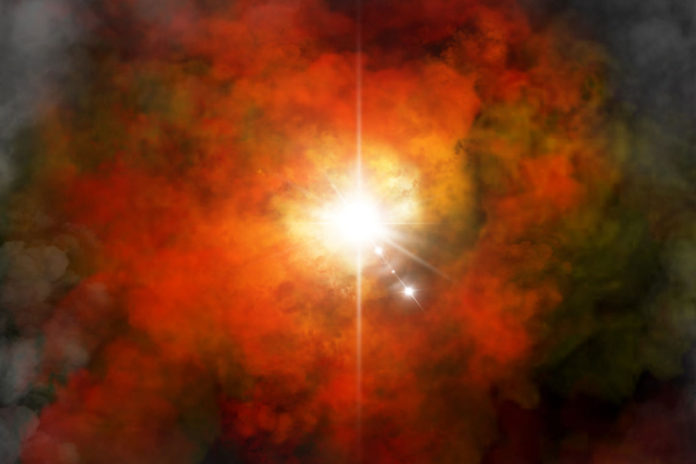The Big Bang theory explains how the universe was created. It is based on the observation that the universe is expanding. Scientists believe that the Big Bang took place about 14 billion years ago. As a result of that event, the galaxies are all moving away from one another.
Birth of the Universe
In the beginning, the universe was a very hot and very dense ball. That ball was a very, very tiny object. Then, about 14 billion years ago the tiny ball began to grow and expand rapidly. This sudden expansion is known as the Big Bang.
As the universe expanded, it began to cool and form the basic building blocks of matter. These basic building blocks were neutrons, protons, and electrons. These building blocks began to form into hydrogren and helium atoms. In time, the pull of gravity began to bring these tiny pieces together. These atoms formed into stars, planets and galaxies.
An astronomer named Edwin Hubble developed the theory of the Big Bang in 1929. He discovered that all the galaxies in the universe were moving away from our galaxy. This gave him the idea that at one time they were all together in a single point in space.
Other Explanations for the Birth of the Universe
In the Christian and Jewish religions, the belief is that a single god created the universe.
In the Buddhist and Hindu faiths, the creation and the death of the universe is seen as part of a repeating cycle of birth and death.
Reflections
Vocabulary
- Big Bang
- theory
- universe
Notes
- The Big Bang Theory is the scientific theory explaining the birth of the universe.
- The theory states that the universe began as a tiny ball that exploded into gas and dust 14 billion years ago.
- Over time, the gas and dust condensed into galaxies, stars, and solar systems.

